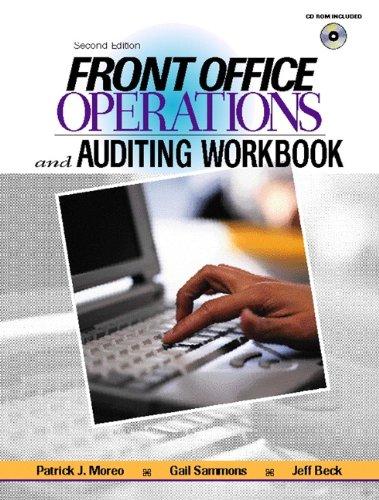Answered step by step
Verified Expert Solution
Question
1 Approved Answer
[The following information applies to the questions displayed below.] Project Y requires a $336,000 investment for new machinery with a five-year life and no salvage








[The following information applies to the questions displayed below.] Project Y requires a $336,000 investment for new machinery with a five-year life and no salvage value. The project yields the following annual results. Cash flows occur evenly within each year. (PV of $1, FV of $1, PVA of $1, and FVA of $1 ) Note: Use appropriate factor(s) from the tables provided. Required: 1. Compute Project Y's annual net cash flows. [The following information applies to the questions displayed below.] Project Y requires a $336,000 investment for new machinery with a five-year life and no salvage value. The project yields the following annual results. Cash flows occur evenly within each year. (PV of $1,FV of $1, PVA of $1, and EVA of $1 ) Note: Use appropriate factor(s) from the tables provided. 2. Determine Project Y 's payback period. Project Y requires a $336,000 investment for new machinery with a five-year life and no salvage value. The project yields the following annual results. Cash flows occur evenly within each year. (PV of S1. EV of S1, PVA of S1, and EVA of \$i]) Note: Use appropriate factor(s) from the tables provided. 3. Compute Project Y's accounting rate of return. Project Y requires a $336,000 investment for new machinery with a five-year life and no salvage value. The project yiel the following annual results. Cash flows occur evenly within each year. (PV of $1,FV of $1, PVA of $1, and EVA of $1 ) Note: Use appropriate factor(s) from the tables provided. 4. Determine Project Y 's net present value using 8% as the discount rate. Note: Do not round intermediate calculations. Round your present value factor to 4 decimals and final answers to the ne whole dollar. Table B.1* Present Value of 1 p=1/(1+i)n Table B.2' Future Value of 1 f=(1+i)n Table B. 3 Present Value of an Annuity of 1 n=[11/(1+i)n]/i Table B.4 Future Value of an Annuity of 1 f=[(1+i)n1]/i
Step by Step Solution
There are 3 Steps involved in it
Step: 1

Get Instant Access to Expert-Tailored Solutions
See step-by-step solutions with expert insights and AI powered tools for academic success
Step: 2

Step: 3

Ace Your Homework with AI
Get the answers you need in no time with our AI-driven, step-by-step assistance
Get Started


